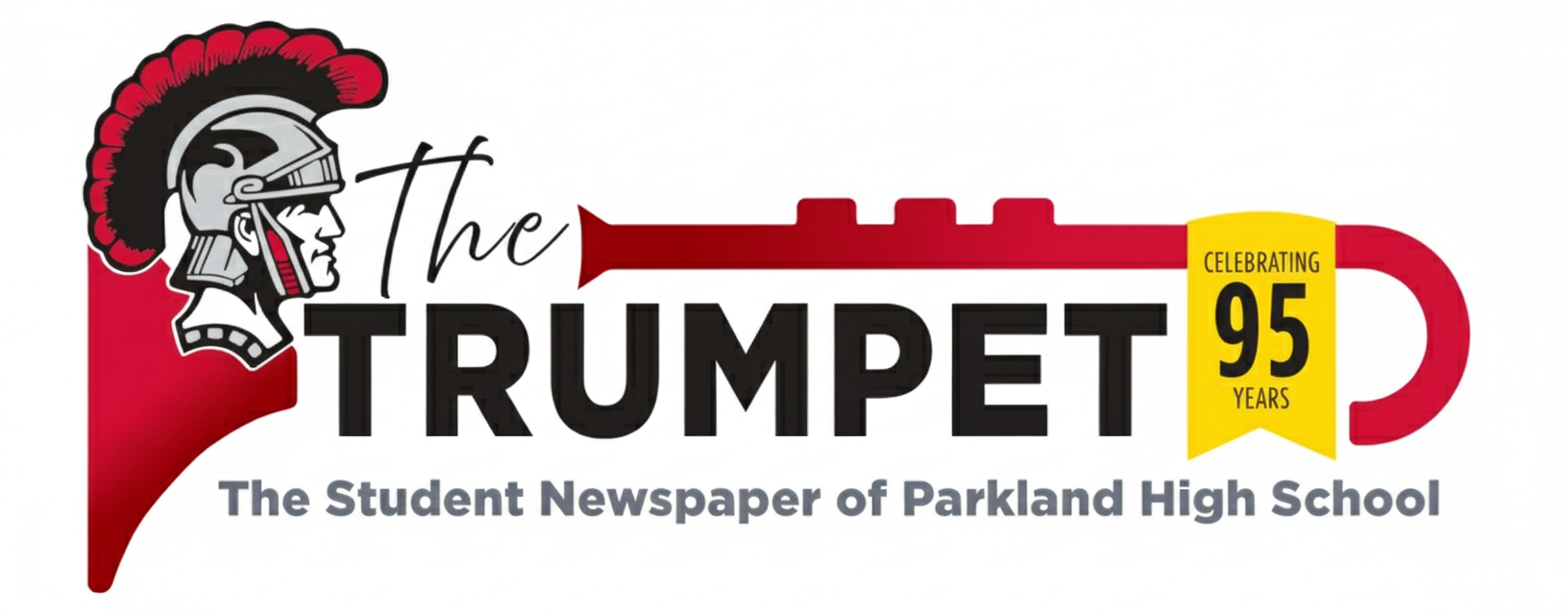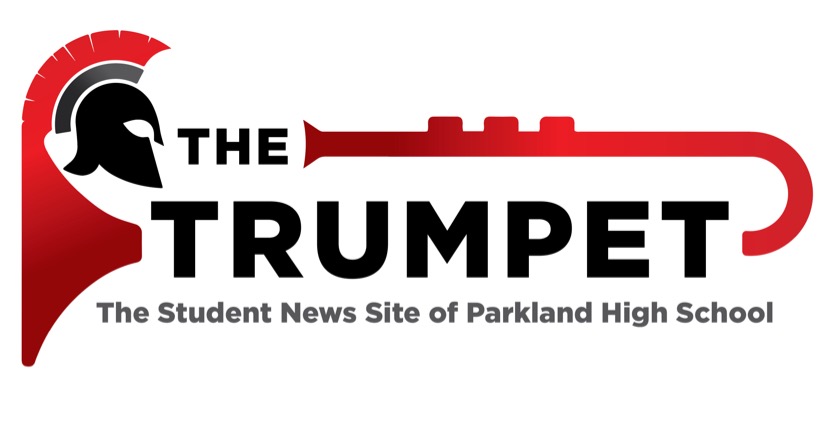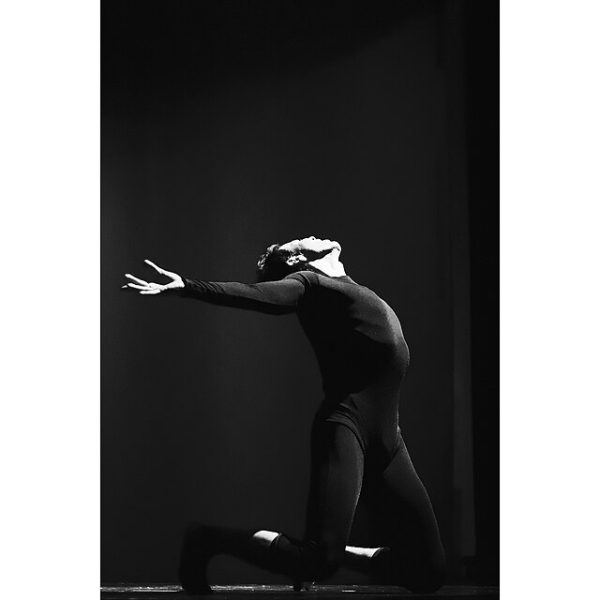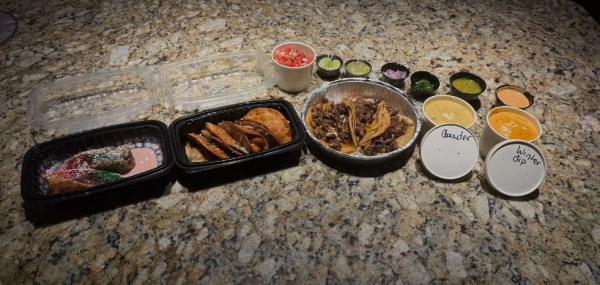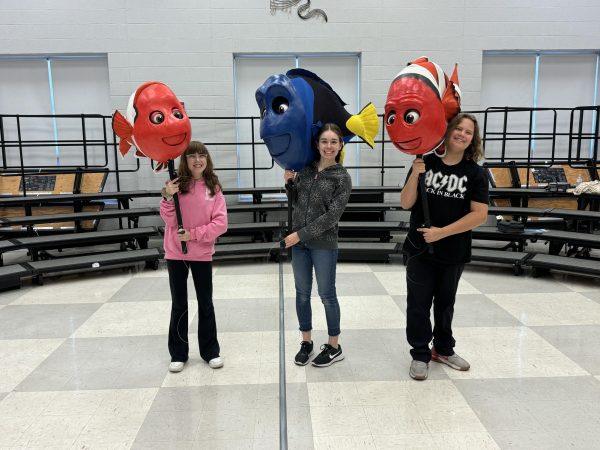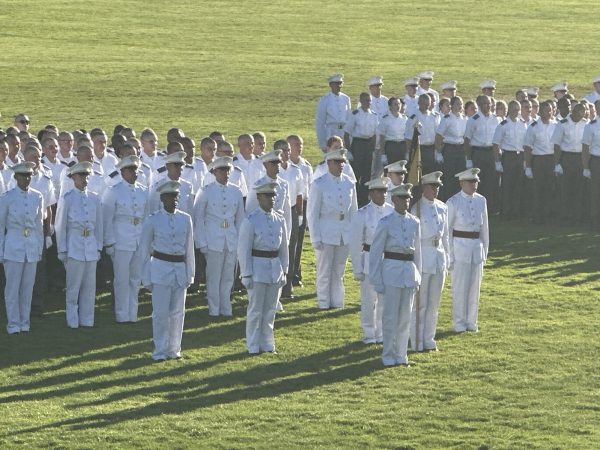Discussing All Things Climate Change with Mrs. Yenser

Photo from commons.wikimedia.org, beautiful forests like this one are at risk of destruction from climate change and human activity
This week, I had the pleasure of interviewing environmental science teacher Mrs. Yenser about all things climate change related. We covered everything from her personal experience with wanting to save the world, to the sustainability of thrift shopping, to what students and staff can do to be more conscious of our earth and its health now and in the future. Check out the audio file, or read the conversation below!
Gabby: Obviously I have you for AP Environmental Science and I know that you love the environment, all things to do with the environment, nature, etc. So how did you get into environmental science and [learning about] the health of our earth? What exactly made you interested in those things?
Mrs. Yenser: So in 6th grade, I had Ms. Patchall, she was my science teacher, and we watched a program, it was a PBS program, and it was called Voyage of the Mimi, and I believe Ben Affleck was actually in it and he was probably like 7 years old at the time. But anyway, it just kind of followed this group around, they were on a boat, they weren’t hunting whales, they were researching whales and I got obsessed. I needed to know everything about whales, and I realized that they were endangered, and I needed to save the whales. So that was 6th grade, and then in high school I realized that there weren’t just whales that needed saving; it was dolphins, and manatees, and everything in the ocean. And then I realized, “Oh my gosh it’s not just oceans, it’s the whole world. What am I gonna do?!” So I was that crazy girl in the 90s with her tie dyed shirts and her ripped jeans and I was trying to save the world by walking around with a container that said “Recycle” and I would yell at the kids in the senior lounge who were just throwing their trash away and not recycling anything. So I was voted “most likely to solve humanity’s problems” as a senior, so that’s in my yearbook, my senior yearbook. I should bring that for you! You could look at my yearbook!
G: Yes!!! I would love to look at it!
Y: And then I decided I was going to go to college and save the world, so I went to Shippensburg and got my degree in environmental science, and senior year I was like, “What do I do with this? I don’t know, do I go to Washington and start marching and working for the government and trying to change all these laws?” And I thought, “Oh I could do that…” And then I did an internship at a summer camp, it was an environmental summer camp, and these kids were like, “Oh Mrs. Yenser…” oh, it wasn’t Mrs. Yenser, sorry, it was Miss Faccioli, and they were like, “You should be our teacher!” And I was like, “Hm… teacher… never really thought about that.” So I went back to school and I got my teaching certificate in earth and space science and in environmental science, and I was like, “This is it. I’m going to be a teacher, and I’m going to deal with like 100 kids a year, and I’m going to infect their brains with this knowledge in the hopes that they’ll then get that bug and want to do what I wanted to do.” So by starting in 6th grade, I knew that I needed to do something but I just didn’t know what. And it took a long time to figure it out! But I’m glad I did it, and I hope that I’m infecting someone with that.
G: It’s working. It’s working, trust me, it’s working! That is such a great story. I remember that you went into a little bit of detail about that at the beginning of the year, but it’s inspiring.
Y: And I wonder where Ms. Patchall is today, I wonder where she is.
G: I was going to say, we need to give her a big thank you, because we would not have gotten you without her. So into the bigger problems of humanity, obviously there’s this thing called climate change that’s looming over our heads. Experts have been defining what it’s going to mean for us in the future. What exactly does climate change mean to you?
Y: Pretty simple to me, climate change is basically a global temperature change that is directly driven by humans. I believe that humans are the main source of this. And I know there have been issues, you know it’s not really global warming, we’re supposed to be cooling, people get kind of defensive about that term, but I just think it’s the overall change that WE have created.
G: Yeah, and it’s definitely, like you said, it’s definitely more than just warming. As we’ve seen in Texas with the huge winter storm, it’s wildfires, it’s all of that stuff. Definitely agree with that, I like that definition a lot. So, what are our three biggest environmental issues right now, would you say?
Y: And that was really hard for me to choose three, because they interact so much, they kind of play off of each other. But the three that I chose were deforestation, global warming, because I do believe that global warming is an issue, and water pollution. Those are my three big ones.
G: So could you go into detail a little bit about what exactly about those three problems, why are they our biggest problems?
Y: So deforestation is basically when we’re clear cutting these areas, and when you clear cut these areas you’re destroying the natural habitat for so many organisms. You’re also reducing soil to zero. You have no way of holding nutrients into the soil, you aren’t able to plant anything. There’s a big issue right now with palm oil. Palm oil is used in everything, it’s in makeup and cosmetics, it’s in our food, it’s in everything. And that’s a big issue because areas are completely [being clear cutted], planting these palm trees so they can harvest the palm oil, and they have ruined ecosystems that used to just be thriving with life. So that’s my deforestation one, my global warming one is the amount of CO2 that we’re now throwing into our atmosphere, and into our oceans, because we’re clear cutting, because of our obsession with cars, and our obsession with transportation. That’s affecting a lot of things. And then water pollution with the temperature increase, it’s making a lot of carbon dioxide be in our waters. The microplastics from our clothing, from everything that we throw away, from those straws, and it shouldn’t be as simple as, “Well just don’t use a straw!” We have to think bigger. Wait, hang on you’ll love this. In my giant mom bag, I have my own straws in here, like the big awesome tree hugger that I am. I carry around my straws.
G: Oh I love that!!! That’s awesome.
Y: It’s little things like that, and that might be a good way to segway into how we can fix our problems, which is another part of your question. Consuming differently, what you eat, what you buy, and I know you’re [big on] buying recycled clothing and stuff like that.
G: Oh absolutely yeah.
Y: So environmentally friendly! Who cares if somebody else wore that shirt four times? Or 20 times? What difference does it make? So consuming differently, what you eat, what you buy, how you get power, voting for leaders that are actually going to fight for the issues, us becoming leaders in these issues, those are ways that we can fix these problems. They’re big problems, and they didn’t just happen yesterday. They’ve been happening for years and years and years. There’s so much, but we’re not just one person, we have to make this group get bigger and bigger.
G: You’ve got to keep infecting those students with that environmental consciousness.
Y: My minions, come to me, come to me!
G: So speaking of problems with our climate and human generation of those issues, there’s been a lot of criticism from business and commerce about aggressive climate action being too hard on operating businesses and small businesses and such. How would you respond to that criticism?
Y: I respect their concerns and their issues, however you’ve got to look at the bigger picture, and in the long run, it’s going to save our planet and create better, more reliable jobs too. So out with the old, in with the new, don’t be so bull-headed, don’t be in this little box about, “This is the way it works, let’s keep doing this.” We have to look at the fact that this is the planet that we live on, and we don’t have anywhere else to go right now, and we need to fix this. We’ve created the problem and let’s fix it. Awesome jobs will be available, we’re not just throwing them out there to not have a job anymore, not have any work, there are new jobs out there. And it’s clean energy, so why not?
G: Mhm, and definitely the government could take steps to subsidize training for those jobs if companies are worried about training, because obviously running an oil plant is very different from running a solar plant, so you need specialized training in that, but if we elect more environmentally-conscious leaders I’m sure they’d be open to the idea of a subsidy of some sort.
Y: Absolutely.
G: So let’s go bigger picture to smaller picture here. My last question for you is how can students and teachers and administrators at our school make a difference? What can they do to stop the progression of climate change?
Y: Well my first thing is, once you turn 18 you better register to vote, and vote smart.
G: Yes ma’am!
Y: So vote smart, once you’re 18 register to vote, and do your homework on your leaders, who’s running for office, find out what they stand for. Take action, get involved, don’t just sit back and say, “Oh it’s somebody else’s problem.” This is OUR problem, like I said before, we created this problem. Maybe not you or I because we weren’t around during the Industrial Revolution, but we’re thriving because of it, so what can we do about that? Get educated, take classes that can maybe give you some more information, get involved, join clubs in school or outside of school that can make a difference. And then, the three R’s: reduce, reuse, recycle. That’s probably, anything that you do you can look at those three R’s and figure out, “Am I reusing it, am I reducing my waste, am I recycling things so that they can be something new?” That’s my stance.
G: That’s wonderful advice. Thank you so much for letting me interview you today. I’m sure our readers will have learned lots of new things today, and can go out and apply that advice hopefully.
Y: Well thank you for this opportunity!
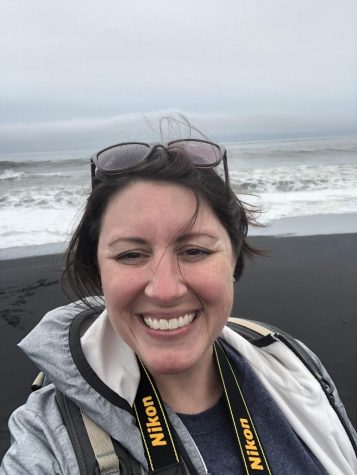
Special thanks again to Mrs. Yenser for providing her insight on these issues. Make sure to check out the audio clip for some extra fun moments and laughs!
Your donation will support the student journalists of Parkland High School. Your contribution will allow us to purchase equipment and cover our annual website hosting and printing costs.
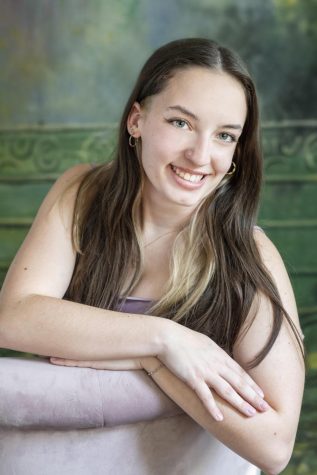
Gabby is a senior, and this is her second year writing for the Parkland Trumpet. She enjoys writing about politics and current events. She is...

